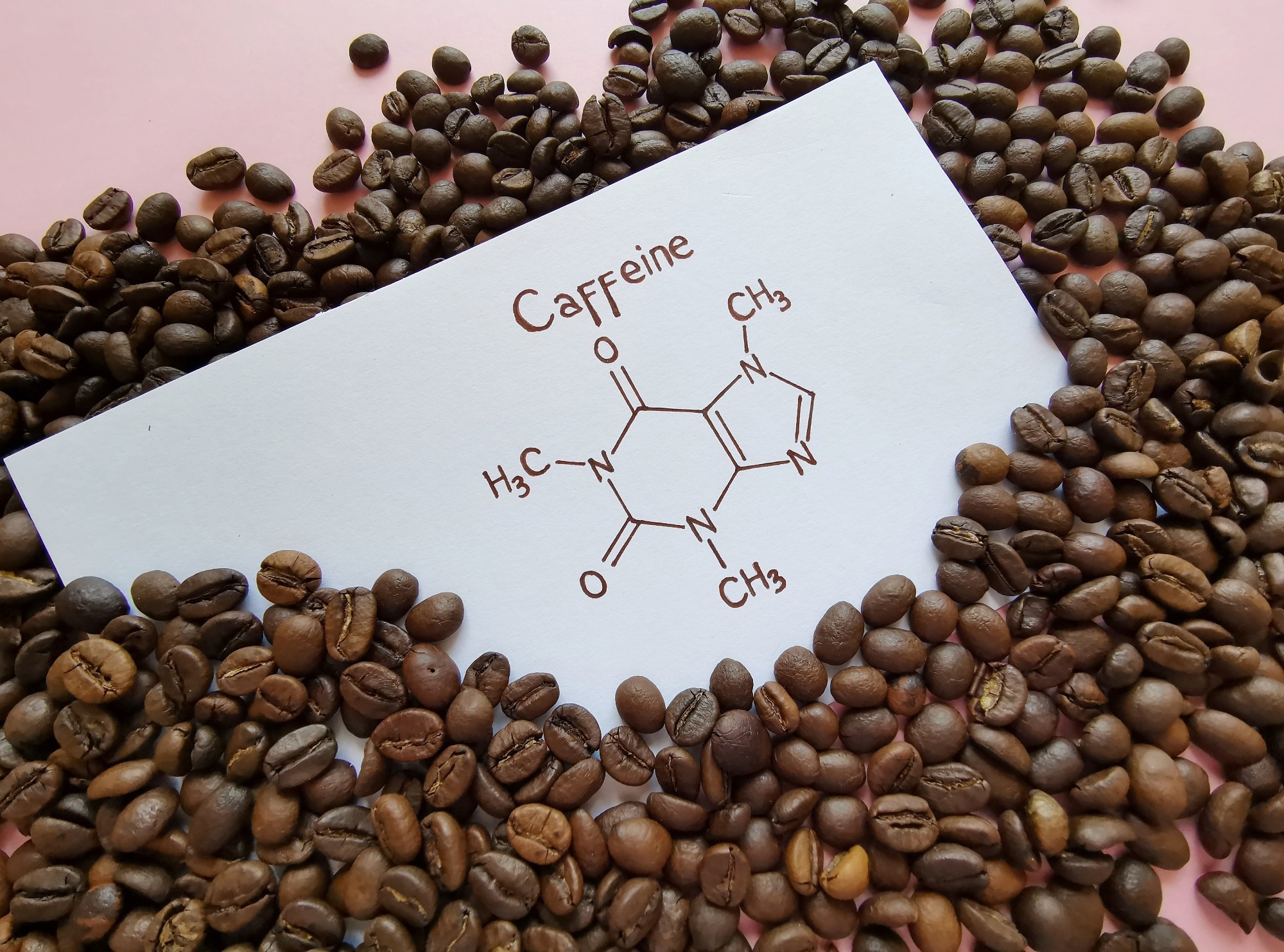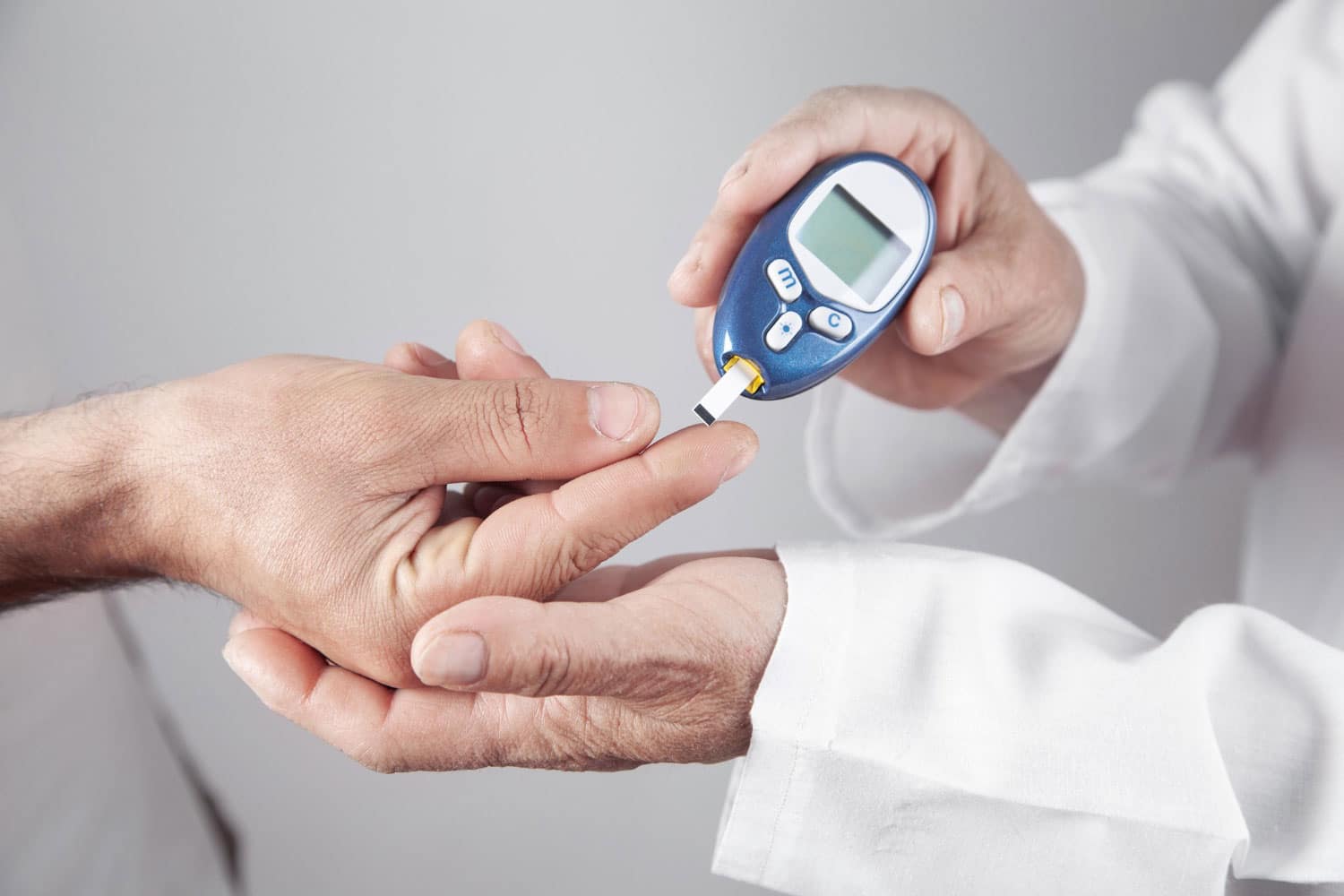Marfan syndrome is a genetic disorder that affects the function of connective tissue, which supports organs and structures in the body. This condition often damages the eyes, heart and blood vessels.
In this genetic disorder, the proteins that support the production of healthy tissues interfere and cause problems in the functioning of bones and organs in the body.
Damage can be minor or severe and depends on various factors such as the severity of the condition. This condition becomes life-threatening when the aorta is affected. The aorta is a large blood vessel that supports the heart in pumping blood throughout the body.
Symptoms of Marfan syndrome
As the disorder affects any part of the body, the signs and symptoms vary greatly from person to person. While some people with this condition may have life-threatening symptoms, others may develop milder issues.
The main symptoms of a person with Marfan syndrome include:
- flat feet
- thin body
- long fingers, arms, and legs
- nearsightedness
- an excessively curved spine
More than half of people with Marfan syndrome may have a number of dental, eye, heart, lung and skin problems, including:
Dental issues: high palate and crowded or crooked teeth
Eye problems: cataracts, nearsightedness, differences in both eyes, lens subluxation problems, glaucoma and retinal problems
Heart problemsArrhythmia or palpitations, heart valve problems, aortic aneurysm, enlarged heart, aortic dissection and brain aneurysms
Lung problems: asthma, bronchitis, chronic obstructive pulmonary disease (COPD), emphysema, pneumonia and pneumothorax
Skin problems: Very stretch marks and very dry and tight skin
Marfan syndrome causes
In almost all cases of Marfan syndrome, the condition is inherited from the parents. According to medical experts, the condition is primarily caused by a defect in a specific gene that allows the body to produce proteins that support connective tissue.
This is known as autosomal dominant, which means that Marfan syndrome can be inherited from one parent and can affect men and women equally. However, in some cases, the disorder is not passed on genetically, and instead, a new mutation causes the condition.
Marfan syndrome treatment
Treatment for this disease usually involves medication to control certain complications.
In addition, regular monitoring is important to monitor the improvement of the disease. In severe cases where the condition affects the aorta, surgery may be required.
It is important to note that there is no cure for this condition, but proper diagnosis, medication and treatment can greatly prevent complications and help manage the condition.
Medicines
Certain medications can be used to control symptoms and prevent other complications.
Medications such as beta blockers and angiotensin receptor blockers are often prescribed by doctors to improve heart function and control blood pressure.
These drugs prevent heart enlargement and reduce the risk of heart failure.
Surgery
In severe cases, surgery may also be needed to prevent a rupture of the aorta. In addition, surgery can help manage valve problems in the heart.
However, before surgery, your healthcare provider will take certain factors into consideration, including your age, the size of the aorta, medical conditions and family history.
Depending on your symptoms and the severity of the condition, your healthcare provider may recommend the following surgeries:
- treatment of scoliosis
- eye surgery
- aortic repair
- breast reconstruction surgery
It is important to note that people with Marfan syndrome need a specific treatment plan depending on their health conditions.
While some may get better with medication and natural remedies, others may not need any treatment other than regular check-ups with their doctor. Remember that the treatment plan often depends on the severity of the symptoms and the body parts affected.
#Marfan #Syndrome #genetic #disorder #damages #eyes #heart #blood #vessels





